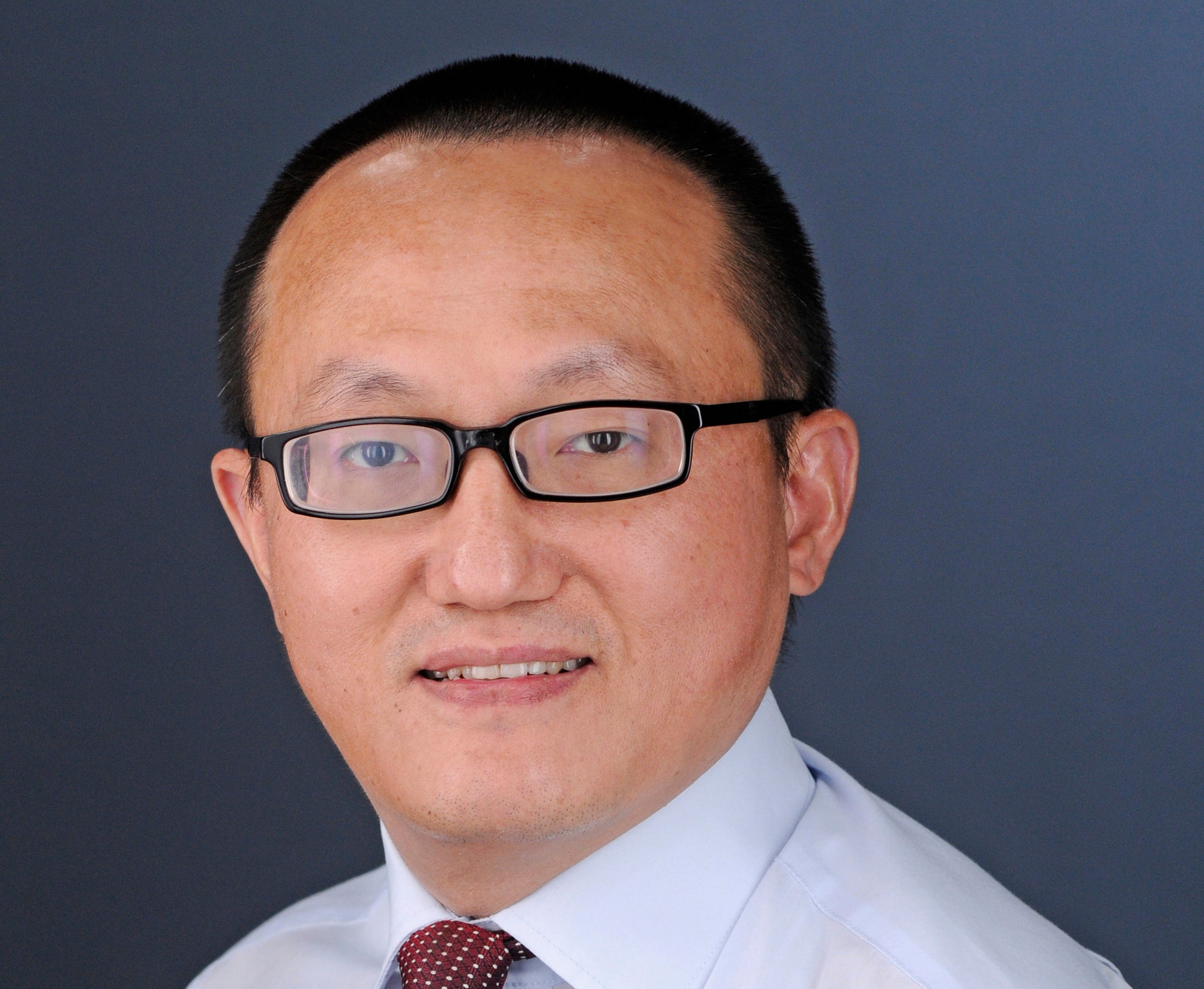Kansas researcher convicted of illegal secret China work
A researcher was convicted Thursday of illegally concealing work he was doing for China while employed at the University of Kansas

Your support helps us to tell the story
From reproductive rights to climate change to Big Tech, The Independent is on the ground when the story is developing. Whether it's investigating the financials of Elon Musk's pro-Trump PAC or producing our latest documentary, 'The A Word', which shines a light on the American women fighting for reproductive rights, we know how important it is to parse out the facts from the messaging.
At such a critical moment in US history, we need reporters on the ground. Your donation allows us to keep sending journalists to speak to both sides of the story.
The Independent is trusted by Americans across the entire political spectrum. And unlike many other quality news outlets, we choose not to lock Americans out of our reporting and analysis with paywalls. We believe quality journalism should be available to everyone, paid for by those who can afford it.
Your support makes all the difference.A researcher was convicted on Thursday of illegally concealing work he was doing for China while employed at the University of Kansas.
But U.S. District Judge Julie Robinson continues to weigh a defense motion to dismiss the case against Feng “Franklin” Tao of Lawrence, Kansas. Robinson on Monday asked the attorneys to submit their arguments in writing, with the trial to proceed while she weighs the issue.
Jurors found him guilty of three counts of wire fraud and one count of false statements for not disclosing on conflict of interest forms that he had been named to a Chinese talent program, the Changjiang Professorship, on grant applications. As part of that program he traveled to China to set up a laboratory and recruit staff for Fuzhou University, telling the University of Kansas he was in Germany instead.
Prosecutor Adam Barry described it as “an elaborate lie” to defraud the university, the U.S. Department of Energy and the National Science Foundation.
But Defense attorney Peter Zeidenberg argued that Tao was merely “moonlighting” and stressed throughout the trial that Tao remained such a prolific researcher that the University of Kansas honored him in April 2019 — just months before his arrest. He contended that Tao completed all the research he received grants to conduct and said his work in China wasn’t against the rules because he wasn’t paid for it.
Zeidenberg also noted that Tao listed his affiliation with both schools in some papers, suggesting he wasn’t hiding it. He didn't immediately respond to a text message asking about the verdict.
The case against Tao was part of what the Justice Department called its China Initiative, an effort created in 2018 to crack down on trade secret theft and economic espionage. The department in February ended the initiative following public criticism and failed prosecutions, though officials say they still intend to pursue the threat from China.
Tao, who was born in China and moved to the U.S. in 2002, began working in August 2014 at the University of Kansas’ Center for Environmentally Beneficial Catalysis, which conducts research on sustainable technology to conserve natural resources and energy.
Tao faces up to 20 years in federal prison and a fine up to $250,000 for wire fraud, and up to 10 years and a fine up to $250,000 on each of the program fraud counts.